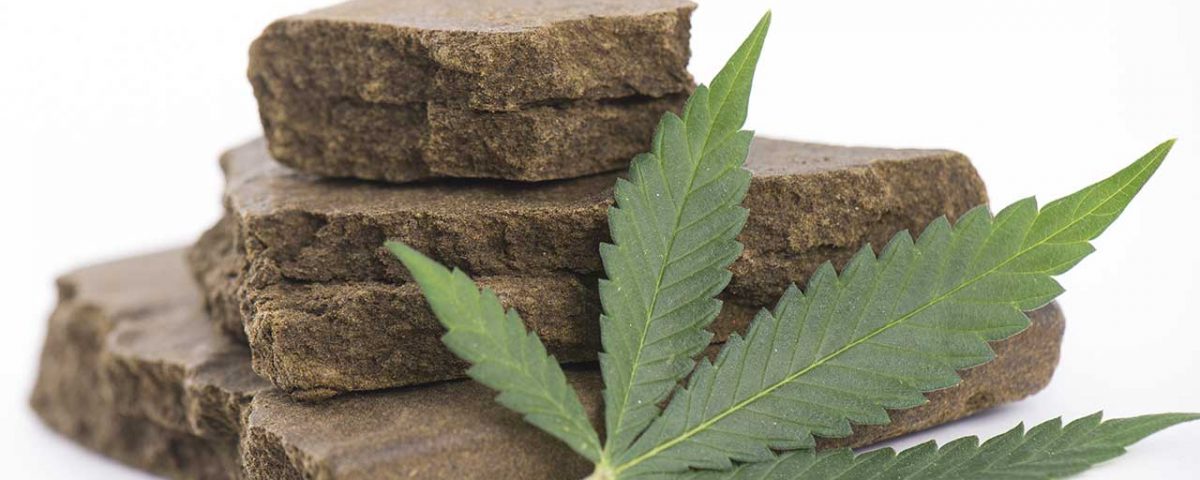What is hashish, and how does it compare to marijuana? Hash stems from the discharge of the gum-like substance from the cannabis plant. The color is reddish-brown to a dark brown or black and is meant to be smoked. When comparing hashish vs. weed, many similarities will be noticed since the cannabis plant is involved in producing both substances; however, there are also a few differences to note.
Difference Between Hash and Cannabis
First, “what is the difference in a hash vs. weed high” is a commonly wondered question. Depending on the strain, since there are different types of weed that can be grown, this will determine if a high will last for hours. People who purchase hash must be cautious since fillers are often found in the substance, such as sand, plastic, or even dung. Hashish is a concentrated form of the cannabis plant, which means there is a high or potent cannabinoid concentration.
Unlike hash, marijuana comes from the dried leaves, seeds, stems, and flowers of the cannabis plant. The color is different from hash since it’s usually a shade of green. “Mary Jane,” or marijuana, is used for many purposes such as medical treatment, baking to create edibles, and it’s put in teas. Both hash and marijuana can be smoked by rolling a joint or blunt, by smoking the substances through a bong or pipe, or a person can smoke through a rig to smoke “dabs,” which is the concentrated oil.
How Is Hashish Made?
Hashish is derived from the “kief” or the dried resin of the flowers from the cannabis plant. The powdery resin is collected by hand, by mechanics, or through icy water submersion. In global terms, dry-sifting hash is most common. Before the substance is pressed and shaped, sifters use their hands to rub the plant, so the resin is on the skin and then rubbed off. The texture can differ, being brittle or soft. Indeed, many can make hash, but professionals are impressively rapid during the process.
Hashish vs. Weed Side Effects
Hash grants short-term effects that can feel relaxing and also enhance emotional experiences. Weed is similar since one’s mood can be altered after use. However, negative side effects from hash can do more than manipulate behavior.
Negative side effects of hash include:
- Depression
- Overly sleepy
- Sensory distortions
- Abnormal cell structure
- Anxiety or panic attacks
- Stomach cramps or vomiting
- Lack of motivation or desire to connect with others
Hashish vs. weed side effects can also be similar since cognitive decline, repository problems, and paranoia are shared between the two uses. Both substances cause addiction which can lead to long-term health issues or a lack of healthy brain development. A stabilization program and other therapies are beneficial in treating marijuana addiction.
Addiction Treatment at Our Chicago Rehab
If you or a loved one is struggling with weed addiction or other forms of substance abuse, then Banyan Treatment Centers Chicago can help you through the recovery process. We work with addicts who seek alcohol, opioid, prescription pills, and cocaine addiction treatment. Our experienced medical staff will design an individual treatment plan that works best for you.
We offer unique programs such as art therapy and biofeedback services to treat addiction. If a person is struggling with co-occurring disorders, then our mental health program and easy detox process will greatly benefit your needs. After realization comes action, so don’t wait to start recovering today.
Contact a specialist at Banyan Chicago by calling 888-280-4763 and ask about our intensive outpatient program to get started right away!
Related Readings:









